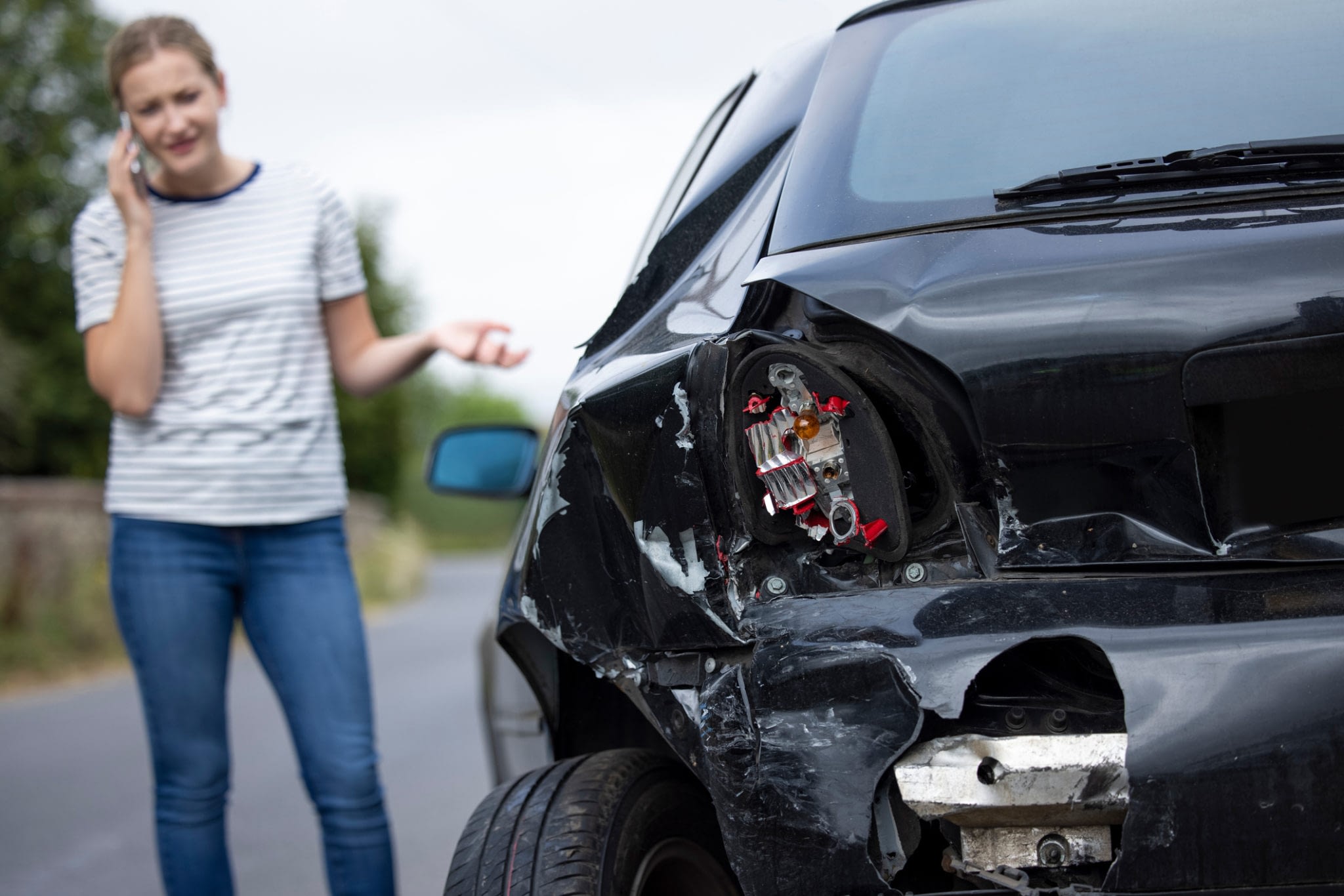- Insurance Services
- Auto, Home & Personal Insurance
- Business Insurance
- Business Interruption Insurance
- Business Owners Package Insurance
- Commercial Auto Insurance
- Commercial Property Insurance
- Commercial Umbrella Insurance
- General Liability Insurance
- Hotel & Motel Hospitality Insurance
- Professional Liability (E&O) Insurance
- Surety Bonds
- Workers' Compensation Insurance
- - View All Business
- Life & Health Insurance
- About
- Policy Service
- Contact
Comprehensive vs. Collision Auto Insurance
Article originally posted on www.insuranceneighbor.com(opens in new tab)

Comprehensive and collision are two different types of auto insurance coverage. You may want to bundle them together for added protection. Comprehensive may cover situations that collision does not, and vice versa.
What Is Comprehensive Auto Insurance?
Comprehensive pays for damage to your vehicle caused by non-collision-related covered events. These events may include vandalism, theft, hail, or fire. Comprehensive may also cover a collision with an animal, such as a deer, or damage caused by an object, such as a tree or a rock, falling on your car.
What Does Collision Cover?
Collision covers damage to your automobile in case of a covered accident involving a crash with another vehicle. Depending on the extent of the damage, this insurance may cover repairs or full replacement of your vehicle. Collision covers damage to your vehicle if you hit an object, such as a tree. It can also cover damage caused by a rollover accident or hitting a pothole in the road.
Why Buy Collison and Comprehensive Auto Insurance?
We all need liability auto insurance. Every state in the U.S. has mandatory minimum liability auto insurance laws. This coverage, which is considered part of the social responsibility of driving, pays for damage you cause to others in case of a crash. Comprehensive and collision coverage is designed to do what liability coverage will not do – pay for damage to or loss of your car. If you have liability, collision and comprehensive insurance, you have what is considered full coverage on your vehicle.
Do You Need Both Comprehensive and Collision Coverage?
You may need both collision and comprehensive coverage if:
- Your car is newer or of higher value: This means you have more to protect and may not want to risk paying out of pocket for repairs or replacement.
- You commute or frequently put a lot of miles on your vehicle: The more you drive, the greater the risk of an accident.
- You live in an area where damage is more likely to occur: If the area where you live or frequently drive has wildlife, such as deer or elk, a greater possibility of falling tree branches, or a greater likelihood of other types of damage, added protection may be a wise choice.
How Do Collision and Comprehensive Insurance Work?
Comprehensive and collision insurance are often sold together as a package. Both types of coverage typically come with a deductible. Common deductible amounts are $250, $500, or $1,000. If you make a claim on your collision or comprehensive coverage, the payout amount will be reduced by the amount of your deductible. Some insurance companies reward policyholders for safe driving with diminishing deductibles that go down over time if certain types of claims are not made against the policy.
The types and amount of auto insurance coverage you need can depend on several factors, including the age and value of your automobile, how much you drive and where, and the area where you live. Our friendly agent can advise you on the right types of car insurance to provide the protection you need.
Filed Under: Personal Insurance | Tagged With: Auto Insurance